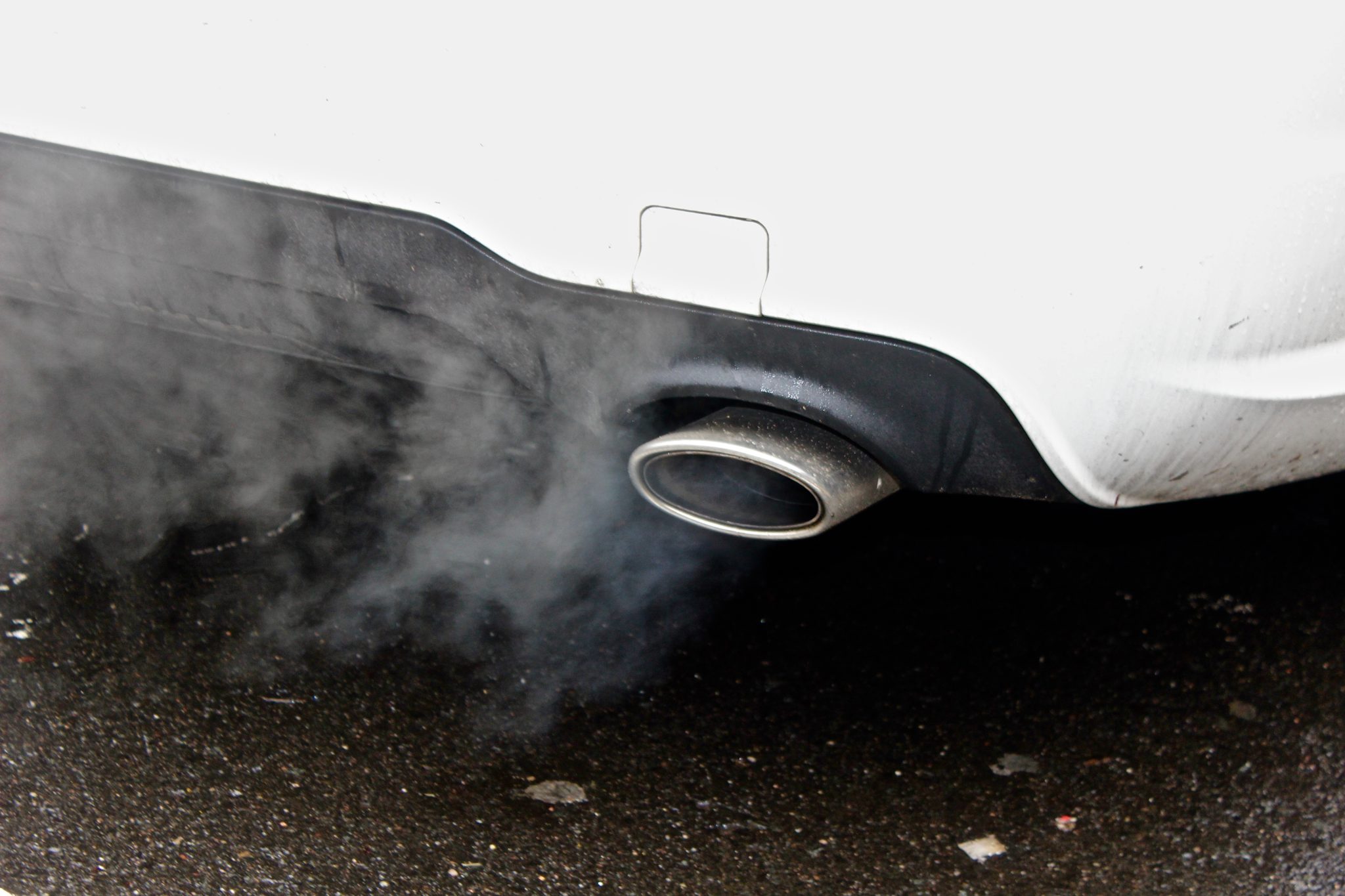
Jilly Mehlman
The state of Connecticut joined California in a federal lawsuit challenging the withdrawal of a waiver that allowed California to set its own greenhouse gas regulations.
Connecticut is one of 23 states in the battle to stop the Trump administration from revoking California’s authority to set its own greenhouse gas emission and fuel economy standards for cars and trucks. Under the Clean Air Act, which was passed in 1970, California has special permission to write its own standards as long as they are as protective as federal regulations, and they are required to meet “compelling and extraordinary conditions.”
States which are or have been noncompliant with federal air quality standards may choose to adopt some or all of California’s regulations in lieu of their federal counterparts. Connecticut — which is currently out of compliance with federal ozone standards — has chosen to follow most of California’s regulations.
“This is really an outrageous lawsuit,” said Harold Hongju Koh, the Sterling Professor of International Law at Yale Law School, “It’s one thing for the Trump administration to deny climate change, and it’s another thing for them to have an anti-environmentalist policy.”
Some experts say that the legal basis for revoking the waiver may be shaky. Koh said that the Environmental Protection Agency’s argument hinges on the notion that for states to use different regulations than the federal government interferes with federal authority.
“It doesn’t interfere with federal policy; it’s actually acting in lieu of a meaningful federal policy,” Koh told the News. “It’s like saying if your roommate is a slob, and you clean up the room, that you’re interfering with their right to be a slob.” The EPA could not be reached to comment on the case.
Robert Klee, a former Connecticut Department of Energy and Environmental Protection commissioner and a lecturer at Yale’s School of Forestry, called the Trump administration’s arguments “hand-waving.” He noted that California’s ability to receive waivers was baked into the original 1970 Clean Air Act and strengthened in the Act’s 1977 amendments. The waiver system came about originally, he said, because the state had air laws that predated the federal regulations, and because it had urgent reason to pursue particularly aggressive air quality regulation. Los Angeles, located in a valley, has historically faced persistent smog.
In a September statement, EPA administrator Andrew Wheeler said that “one national standard provides much-needed regulatory certainty for the automotive industry.” California’s waiver allows it to pursue its Zero Emission Vehicle mandate, which requires car manufacturers to sell certain numbers of electric vehicles in states which adopt the regulation. Connecticut is one of the states that has done so.
The EPA has never successfully revoked one of California’s approximately 50 waivers, but the Bush administration did deny a waiver request in 2008, resulting in a protracted legal battle that came to an end when President Obama took office. Koh said he expected the legal battle over California’s waiver to extend “well beyond” the remainder of Trump’s current term. In the meantime, he said, Connecticut is free to continue to follow California’s standards.
Should the waiver be revoked, states that follow California’s regulations have some recourse to pursue more aggressive action on greenhouse gas emissions — but they would still be bound by the federal Clean Air Act standards. Robert Mendelsohn, a professor at the School of Forestry and the School of Management, noted that states could incentivize the purchase of electric vehicles by charging higher prices for gasoline. Klee also mentioned the idea of implementing a gas tax, which the state is already considering.
“But you can’t tread into the territory that the Clean Air Act has carved out for itself on direct regulation of vehicle emissions and vehicle manufacture,” Klee said. In other words, though states like Connecticut could try to incentivize citizens to purchase electric vehicles, they would likely not be able to write their own version of a Zero Emission Vehicle mandate, or otherwise mandate mileage per gallon requirements for vehicles sold within their borders.
Emily Wimberger is a climate economist at the Rhodium Group, which produced an October report on the potential fallout from a California waiver revocation. The group studied two different but intertwined issues: a potential California waiver revocation and the Trump administration’s proposed rollback of federal fuel economy standards for new vehicles. In an interview with the News, Wimberger noted the “outsize impact” revoking California’s waiver could have on greenhouse gas emissions.
The group’s report found that with both fuel economy rollbacks and a waiver revocation, greenhouse gas emissions could increase by 1,055 to 1,317 million metric tons between 2020 and 2035 — more than double what they predict the emissions would be if the waiver holds.
The report also found that, were California’s waiver to be revoked in addition to the fuel economy rollback, there could be approximately 12 to 14 million fewer zero-emission vehicles on the road nationwide by 2035 than are currently projected.
The United States Environmental Protection Agency was founded in 1970.
Talia Soglin | talia.soglin@yale.edu







